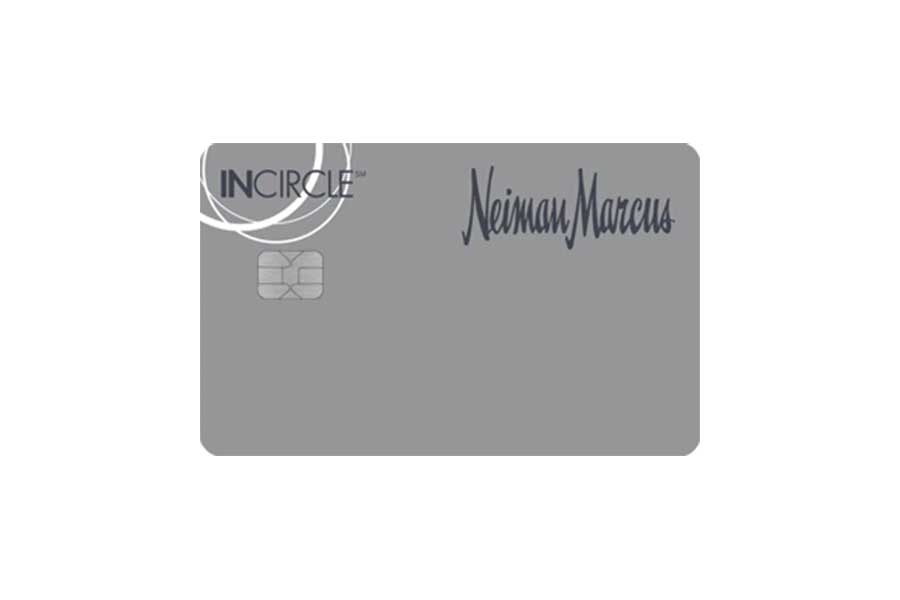Applying for a Neiman Marcus credit card can unlock exclusive perks and rewards for frequent shoppers. If you’re considering this card, it’s important to know what factors impact your approval chances.
While your credit score plays a big role, other financial details also matter. Knowing what lenders look for can help you strengthen your application before applying.

Credit Score Requirements for a Neiman Marcus Credit Card
A credit score of at least 630 is generally recommended for a Neiman Marcus credit card. This falls within the “fair” credit range, meaning approval is possible but not guaranteed.
In addition to your credit score, the issuer considers other factors, such as income, debt levels, and credit history. A higher score and a strong financial profile can improve your chances of qualifying and receiving better terms.
How to Boost Your Credit Score for a Neiman Marcus Credit Card
Improving your credit score before applying for a Neiman Marcus credit card can increase your chances of approval and help you secure better terms. Lenders evaluate multiple factors beyond just your credit score, so taking the right steps can strengthen your overall financial profile.
Know Your Credit Scores and Reports
Before applying, check your credit scores and review your credit reports for accuracy. You’re entitled to a free credit report from each of the three major credit bureaus—Equifax, Experian, and TransUnion—once every 12 months. If you spot errors, dispute them to ensure your credit report reflects accurate information.
Maintain a Low Credit Utilization Ratio
Your credit utilization ratio is the percentage of available credit you’re currently using. Keeping this ratio below 30% shows responsible credit management and makes you a more appealing applicant. Paying down balances and avoiding maxing out your credit cards can help lower your utilization.
Limit New Credit Applications
Submitting multiple credit applications in a short period can trigger several hard inquiries, which may lower your credit score. Space out applications and only apply for credit when necessary to avoid appearing risky to lenders.
Settle Outstanding Debts
Reducing existing debt can improve your debt-to-income ratio, which lenders use to assess your ability to manage new credit. Paying down balances on credit cards and loans can make you a stronger candidate for approval.
Pay Bills on Time
Your payment history is one of the biggest factors affecting your credit score. Late or missed payments can significantly impact your approval chances. Set up automatic payments or reminders to ensure you pay credit cards, loans, and other bills on time.
Dispute Inaccurate Information on Your Credit Report
Errors on your credit report could be dragging down your credit score. If you notice incorrect late payments, collections, or other negative items, dispute them with the credit bureaus. Removing inaccuracies can improve your credit and boost your chances of approval.
Consider Professional Credit Repair Services
If you need help improving your credit score, working with a credit repair company like Credit Saint may be an option. They assist clients in disputing and potentially removing inaccurate negative items, such as late payments, collections, charge-offs, foreclosures, repossessions, and bankruptcies.
To learn more about how they can help, visit their website and request a free credit consultation.



